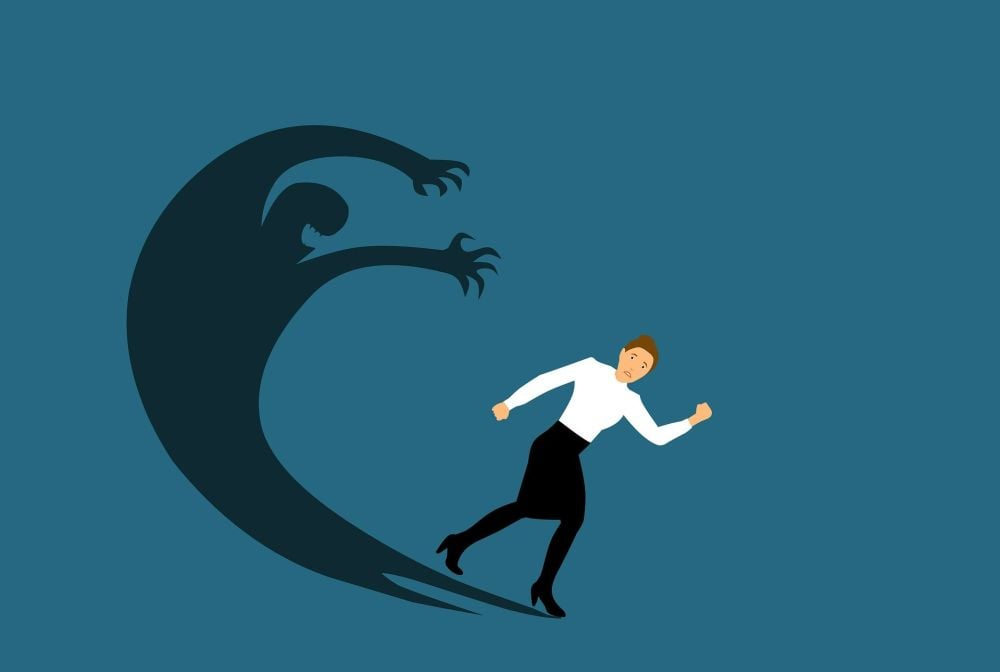Does Hypnosis help to end phobias that you have had for years?
Posted on
As a hypnotherapist, I have had the opportunity to help countless individuals overcome their fears and phobias. Whether it be a fear of flying, public speaking, or even a fear of spiders, hypnotherapy can be a highly effective treatment option.

First, it's important to understand that fears and phobias are often rooted in past experiences or traumatic events. These experiences can create a psychological association between the feared object or situation and a feeling of danger or anxiety. For example, an individual who had a traumatic experience on a plane may develop a fear of flying.
Hypnotherapy works by accessing the subconscious mind, where these associations are stored. By utilizing techniques such as visualization and suggestion, a hypnotherapist can help an individual to change their perception of the feared object or situation. Instead of viewing it as dangerous or anxiety-provoking, the individual can learn to associate it with feelings of calm and safety.
One of the key benefits of hypnotherapy for fears and phobias is that it can be done in a relatively short period of time. Unlike traditional talk therapy, which can take months to address a fear or phobia, hypnotherapy can often provide significant improvement in just a few sessions.
Another benefit of hypnotherapy is that it is a non-invasive and safe treatment option. Unlike exposure therapy, which may involve gradually exposing an individual to the feared object or situation, hypnotherapy does not require any physical contact with the feared object or situation. This can be particularly helpful for individuals who have extreme or debilitating fears or phobias.
Hypnotherapy can help an individual to understand the origins of their fear or phobia and to release the emotional charge associated with the traumatic event.
During hypnotherapy session, the hypnotherapist guides the client into a relaxed, trance-like state. This state is characterized by heightened suggestibility and an increased ability to focus on the present moment. Once the client is in this state, the hypnotherapist can begin to introduce positive suggestions and visualization exercises designed to help the client overcome their fear or phobia.
In addition to helping individuals to overcome their specific fears or phobias, hypnotherapy can also improve overall mental and emotional well-being. By addressing the underlying psychological issues that contribute to fears and phobias, hypnotherapy can help individuals to develop greater self-confidence, self-esteem, and resilience.
Hypnotherapy is often recommended to be combined with other therapies such as cognitive behavioral therapy (CBT) or EFT and EMDR for better results. All of these are techniques that I have a great deal of experience with.
In conclusion, hypnotherapy is a highly effective and efficient treatment option for individuals who are looking to overcome their fears and phobias. By utilizing techniques such as visualization and suggestion, a hypnotherapist can help an individual to change their perception of the feared object or situation and replace it with feelings of calm and safety. It's a non-invasive and safe treatment option that can provide significant improvement in a short period of time, and can also improve overall mental and emotional well-being.
If you would like to get in touch and tell me a little about your on worries jsut click on the contact me page and I will let you know how I could help.
